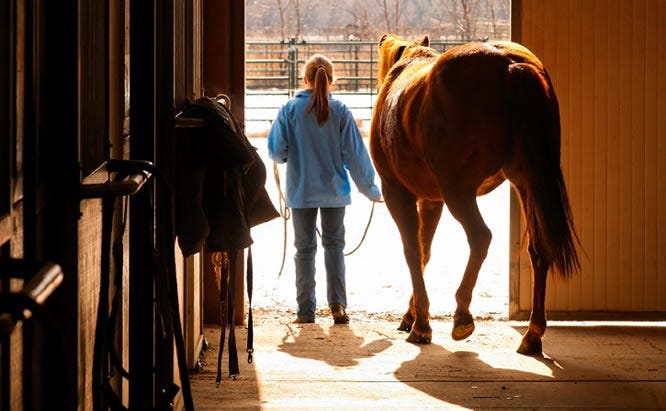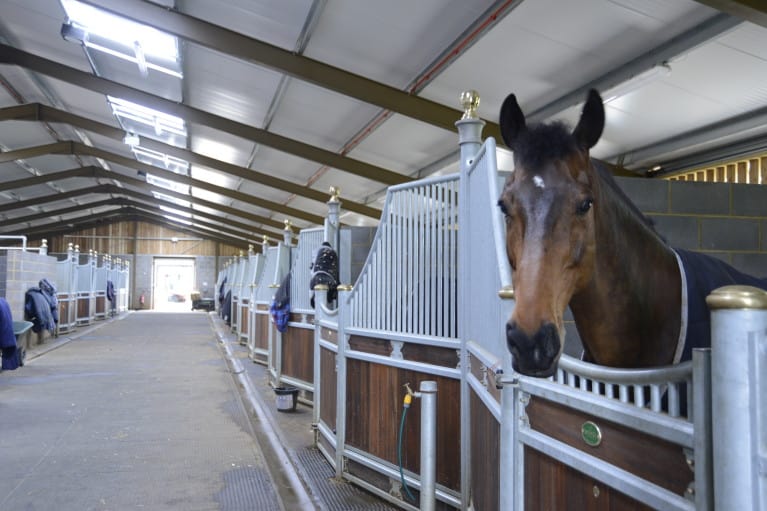As horses age, maintaining a healthy weight can become a significant challenge. Many horse owners face the dilemma of ensuring their senior equines are not only surviving but thriving. This article on senior horse weight gain tips aims to provide you with comprehensive strategies to support your aging horse’s nutritional and health needs.

Understanding the Nutritional Needs of Senior Horses
The nutritional needs of a senior horse differ significantly from those of younger horses. As metabolism slows and dental issues arise, it becomes crucial to tailor their diet to meet their changing requirements. A senior horse requires a diet rich in easily digestible fibers, proteins, and vitamins.
Identifying Signs of Weight Loss
Before diving into the tips, it’s essential to recognize when your horse is losing weight. Common signs include visible ribs, a prominent spine, and a lack of energy. Frequent weight checks and regular veterinary consultations are vital.
Consulting with a Veterinarian
Your first step should always be to consult with a veterinarian. They can provide insight into any underlying health issues that might be causing weight loss and help you design a tailored diet plan. For more details on maintaining senior horse health, visit digestive support.
Dietary Adjustments for Weight Gain
High-Quality Forage
Offering high-quality forage is crucial. Consider hay that is specifically designed for seniors, which is softer and easier to chew. For more information, check out hay requirements.
Introducing Senior Feeds
Senior feeds are specially formulated with added calories and nutrients to help senior horses gain weight. These feeds are typically higher in fiber and fat, providing a balanced diet for older equines.
Supplemental Feeding
Adding supplements can be beneficial. Fats like vegetable oil or rice bran are excellent sources of additional calories. Learn more about suitable supplements at supplements.
Ensuring Proper Hydration
Hydration is vital for digestion and overall health. Ensure your horse has constant access to clean, fresh water. Consider using heated buckets during colder months. For more hydration tips, visit hydration tips.
Managing Health Issues
Dental Care
Regular dental check-ups are crucial. Dental issues can significantly impact a horse’s ability to chew and digest food properly.
Addressing Medical Conditions
Conditions like Cushing’s Disease can affect weight. If your horse is diagnosed with such a condition, a specific management plan should be put in place. More information can be found on Cushing’s Disease.
Exercise and Lifestyle Adjustments
While it may seem counterintuitive, regular exercise helps maintain muscle mass and appetite. Tailor exercise routines to your horse’s capabilities and consult with a vet for customized advice.
Regular Monitoring and Adjustments
Consistently monitoring your horse’s weight and health is essential. Make adjustments to their diet and care routine as necessary, based on the season and any changes in their health status.

Faqs
How can I tell if my senior horse is underweight?
Look for signs such as visible ribs, a pronounced spine, and lack of energy. Regular weight checks are advisable.
What are the best feeds for weight gain in senior horses?
Senior feeds and high-quality forage are ideal. Consider adding fats and supplements for additional calories.
How often should I consult a vet for my senior horse’s weight issues?
Regular veterinary consultations are recommended to ensure your horse’s health and well-being. This helps in promptly addressing any issues that may arise.
For more information on caring for older horses, you can also visit this external guide.
This article contains affiliate links. We may earn a commission at no extra cost to you.
